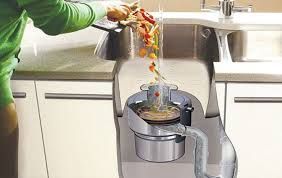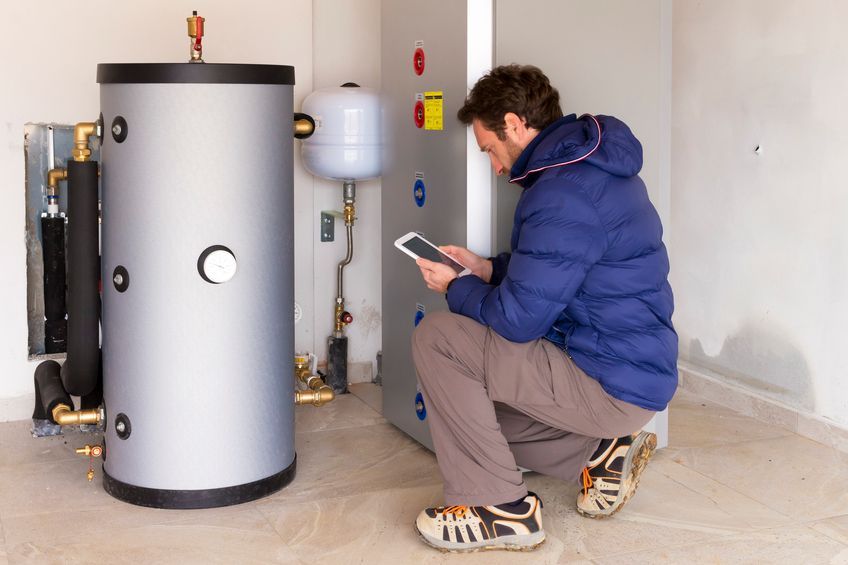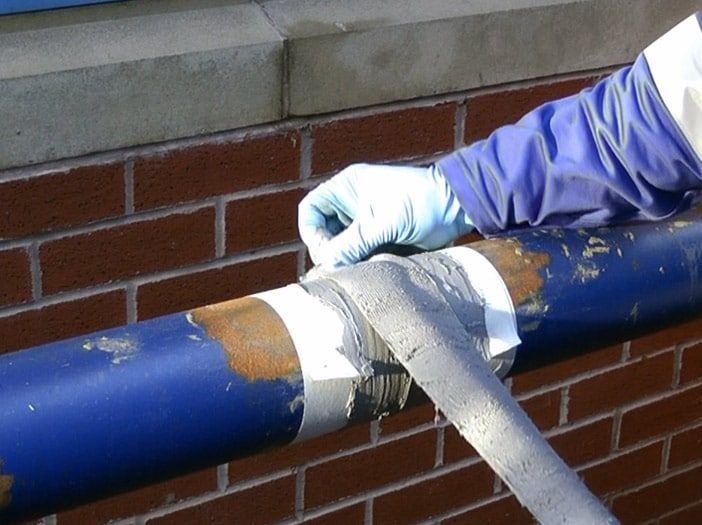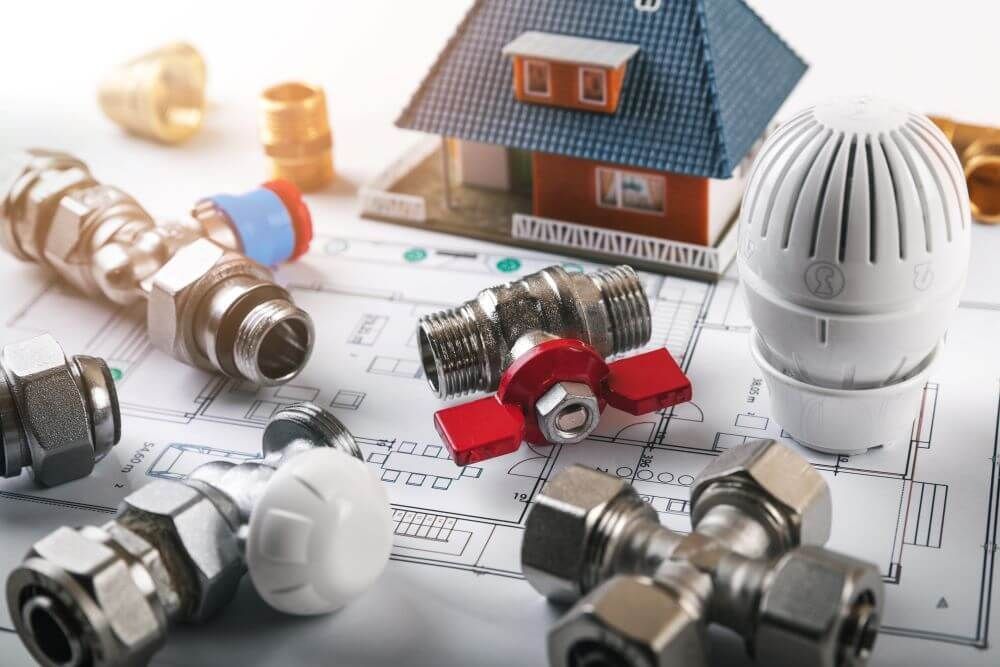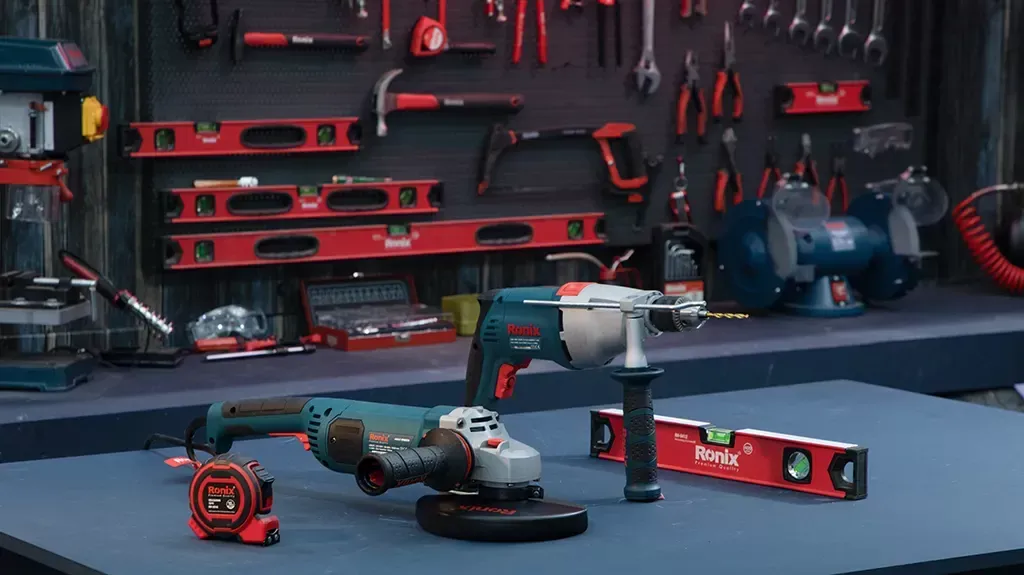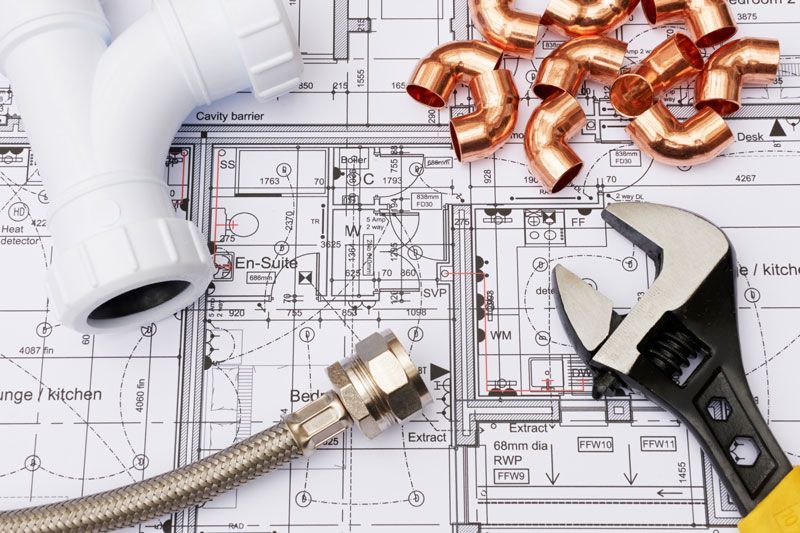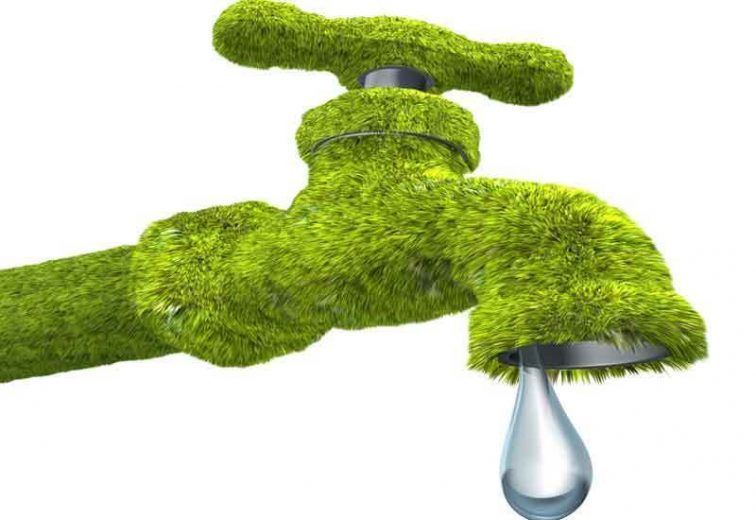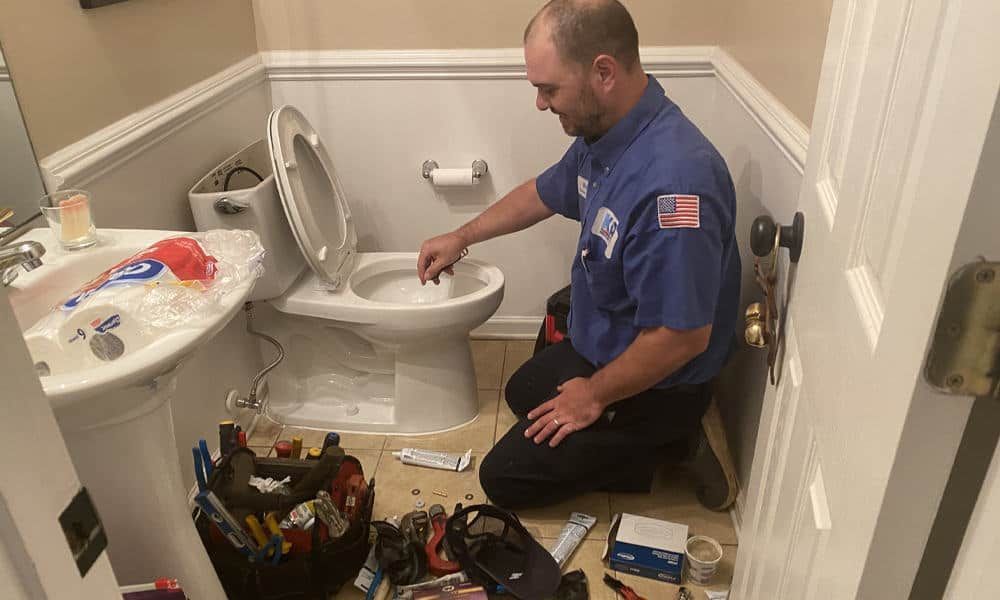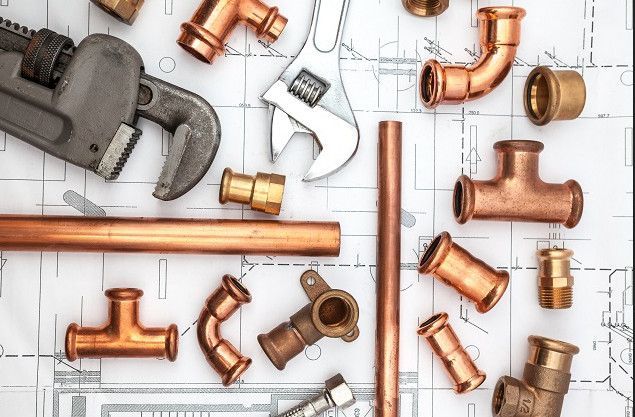Gas Vs Electric Water Heater: Which One Is Better?
Gas Vs Electric Water Heater: Which One Is Better?
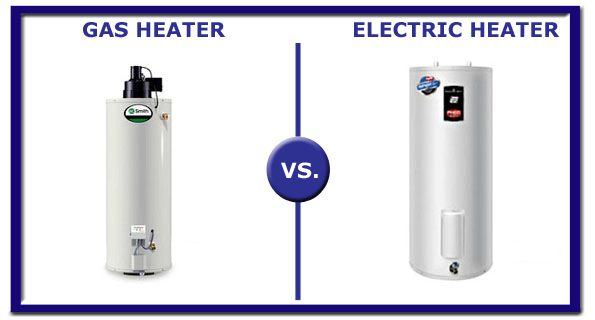
Gas vs. Electric Water Heater: Which One Is Better?
Water heating systems come in gas and electric models, each with a unique fuel source and heating mechanism. With a burner powered by natural gas or propane, the water is heated more quickly and more affordably than with electric water heaters. With the latter, electrical resistance is used to heat the water, as opposed to gas water heaters, which have emissions and require more room for installation. Choosing between gas and electric water heaters depends on a variety of aspects, including cost, selection, and access to energy.
What is the difference between a gas and electric water heater?
Common water heating methods include gas and electric; they use different energy sources to warm the water. Electric water heaters are powered by electricity in contrast to gas water heaters, which are fueled by natural gas or propane. Cost, effectiveness, and convenience of installation are a few factors that each have benefits and drawbacks.
Efficiency
It is generally accepted that electric water heaters are less efficient. This is true because gas water heaters are more efficient at heating water than electric water heaters, which use indirect heating techniques like electrical resistance heating. By employing tankless designs, which heats water only when it is required rather than continuously heating a tank of water, a gas water heater’s efficiency can be increased even further. Despite the greater cost of electricity, electric water heaters are more energy efficient overall than those that use natural gas or propane. Electric water heaters are limited in their ability to heat water efficiently via electrical resistance.
Performance
Gas and electric water heaters are only comparable to the extent of their heating capacity and rate. Homes with high hot water needs should go for gas water heaters because they heat water more quickly by heating it directly with a burner. Moreover, gas water heaters typically offer a wider range of capabilities and are better prepared to handle high hot water demand. Electric heaters require longer heating times due to the fact that they rely on electrical resistance. They are a great option for households that don’t require as much hot water because they are often smaller and less expensive to begin with.
Accessibility
Since they can be installed virtually anywhere there is a power source and don’t need to be connected to a gas line, electric water heaters are frequently more commonly available. Gas burning water heaters need to be connected to a gas line, which may not always be possible and thus increases installation costs.
Maintenance requirements
Gas water heaters typically require more maintenance than electric water heaters do. Since there are fewer moving parts in electric heaters, problems and breakdowns are less likely to occur. Gas water heaters must have their ventilation systems inspected and their burners cleaned on a regular basis to operate properly. For optimal combustion and to check for gas leaks, gas water heaters also need routine professional maintenance.
Installation
Compared to gas-powered models, electric water heaters are easier to install. The only things an electric water heater needs are a drain and a nearby 240V electrical outlet; they don’t need ventilation or a fuel source. An exterior vent, a natural gas line connection, and appropriate installation of the gas line and venting system by a professional technician are all requirements for gas powered water heaters.
Environmental disadvantages
Electric water heaters are more environmentally friendly than gas water heaters because they don’t directly produce any pollutants, unlike the latter, which do emit toxic carbon monoxide. Additionally, electric heaters use less energy overall, since all of the energy they consume is converted into heat rather than being wasted up the chimney. Because of the additional electricity they use, some of which might be produced via non-renewable energy sources, electric water heaters have a larger carbon footprint. The amount of an energy source’s impact on the environment ultimately depends on how it is used to generate electricity.




